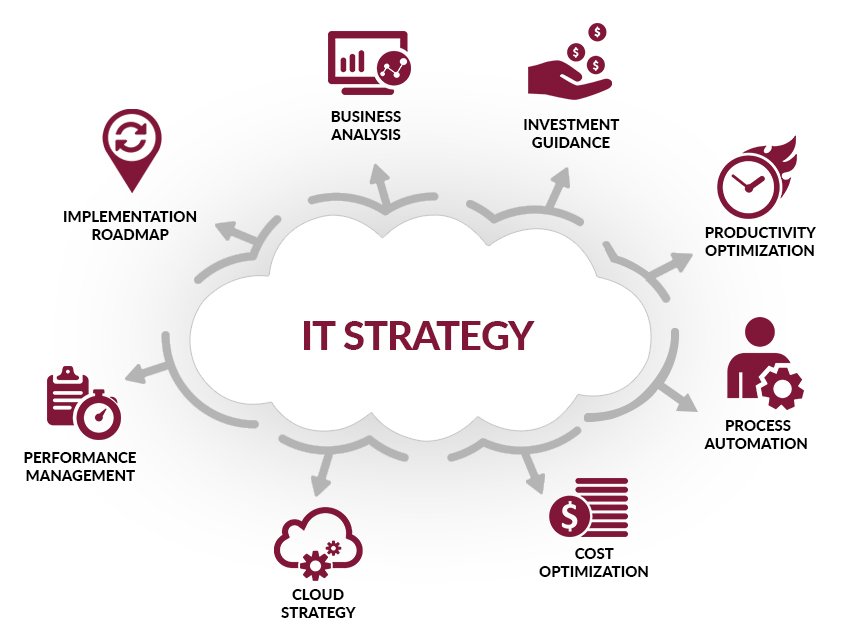
Shifting Economic Trends: Investment Insights for the Decade Ahead
In an evolving landscape marked by technological advancements and shifting consumer behaviors, understanding which companies and sectors to invest in has never been more critical. Clare Pleydell-Bouverie, a fund manager at Liontrust Global Technology Fund, offers her insights on the most compelling investment strategies and the sectors poised for growth over the next decade.
 Exploring the future of investment: technology and consumer trends.
Exploring the future of investment: technology and consumer trends.
Broadcom: A New Leader in Tech
When asked which company she would invest in over the next decade, Pleydell-Bouverie confidently pointed to Broadcom. This semiconductor giant has established itself as a market leader, particularly in silicon chips for networking devices. With Nvidia’s remarkable run in recent years, the focus now shifts to Broadcom, which is settling into its role as a critical player in the ongoing tech revolution. As networking becomes increasingly essential in our digitalized world, investing in Broadcom could yield significant returns as demand surges.
Consumer Choices and the Rise of Chicken
In an unexpected twist, the economic strain resulting from inflation has created a surge in demand for affordable protein sources. Moy Park, Northern Ireland’s largest private company, recently reported a remarkable 10.7% increase in sales, surpassing £2 billion for the first time. As households opt for chicken over pricier meats, this trend highlights the adaptability and resilience of businesses that cater to changing consumer preferences during economic downturns.
Moy Park’s ability to maintain profitability, with net profits nearly tripling to £55.8 million, showcases effective cost management while navigating an inflationary environment. The company’s strategic supply of organic and high-welfare chicken resonates with consumers’ growing concerns over sustainability and health, positioning it favorably in the current market landscape.
 The poultry industry’s rapid growth amidst economic challenges.
The poultry industry’s rapid growth amidst economic challenges.
The Technology Sector: Innovation on the Horizon
Pleydell-Bouverie emphasizes that the technology sector is where investors should focus their attention, especially in light of the ongoing innovation driven by artificial intelligence. As AI continues to reshape industries and create unprecedented opportunities, companies that harness this technology exhibit substantial growth potential. This is not just a trend; it’s a pivotal shift in how businesses operate, ensuring that those aligned with technological progress will flourish.
Conversely, sectors like consumer staples are under scrutiny. The imminent disruptions caused by evolving consumer preferences and cost management pressures demand that investors exercise caution in their strategies.
Global Investment Perspectives
When considering global investment opportunities, Pleydell-Bouverie asserts that China offers some of the most compelling value propositions. Her approach remains geographically agnostic, seeking out the best opportunities regardless of location. With China’s robust recovery post-pandemic and its significant technological advancements, the country positions itself as a promising landscape for savvy investors.
While some may debate the merits of focusing solely on growth or value stocks, Pleydell-Bouverie suggests a blended approach. Investors should identify companies positioned favorably in big structural growth trends, ensuring a balanced portfolio.
The Impact of Tesla
On the topic of disruptive technologies, Tesla remains a central figure for discussion. Pleydell-Bouverie expresses strong confidence in the company, predicting that Tesla’s innovative approach to autonomous driving will secure its position as a market leader. The automotive industry is at a pivotal point, and Tesla’s ability to navigate this transformation could yield immense rewards for investors willing to take a long-term view.
 Tesla’s role in shaping the future of the automotive industry.
Tesla’s role in shaping the future of the automotive industry.
Property Market Dynamics
While many see the property market as a safe investment route, Pleydell-Bouverie forecasts continued stability rather than impending crashes. As mortgage affordability improves and demand potentially rebounds, prices are likely to rise again, presenting a silver lining for property investors who remain vigilant in monitoring market trends.
Moreover, the question of interest rates looms large. Pleydell-Bouverie does not foresee a return to near-zero interest rates, advocating for a more balanced approach that prevents the extremes of the past. This stable interest rate environment could foster gradual economic growth while avoiding the pitfalls of unchecked inflation.
Inflation’s Long-Term Outlook
Despite current inflationary pressures, Pleydell-Bouverie delivers a thought-provoking sentiment regarding its permanence. She posits that AI may emerge as a powerful deflationary force, propelling a long-term decline in inflation rates. It is these insights, paired with a robust understanding of market dynamics, that empower investors to make informed decisions amidst uncertainty.
Navigating Government Policies
Addressing government economic initiatives, Pleydell-Bouverie suggests that the Bank of England may have lagged in its response to economic shifts. The criticism of being caught on the back foot underscores the necessity for proactive measures to stabilize and stimulate economic recovery.
 The Bank of England’s role in shaping economic policy and interest rates.
The Bank of England’s role in shaping economic policy and interest rates.
Conclusion: A Portfolio for the Future
As an investment manager overseeing significant funds, Pleydell-Bouverie’s strategies echo the sentiment that embracing innovation and adaptability is essential. When presented with a hypothetical £100,000 inheritance, she would advocate for investing across her managed funds—Global Dividend, Innovation, and Technology—indicating her confidence in a diversified, forward-thinking portfolio.
In conclusion, the insights provided give a remarkable overview of the current investment landscape. By prioritizing technological advancements, adapting to consumer behavior, and understanding global market dynamics, investors can position themselves for success in both resilient and rapidly changing industries. The key lies in informed, strategic investment choices that take into account both present challenges and future opportunities.














